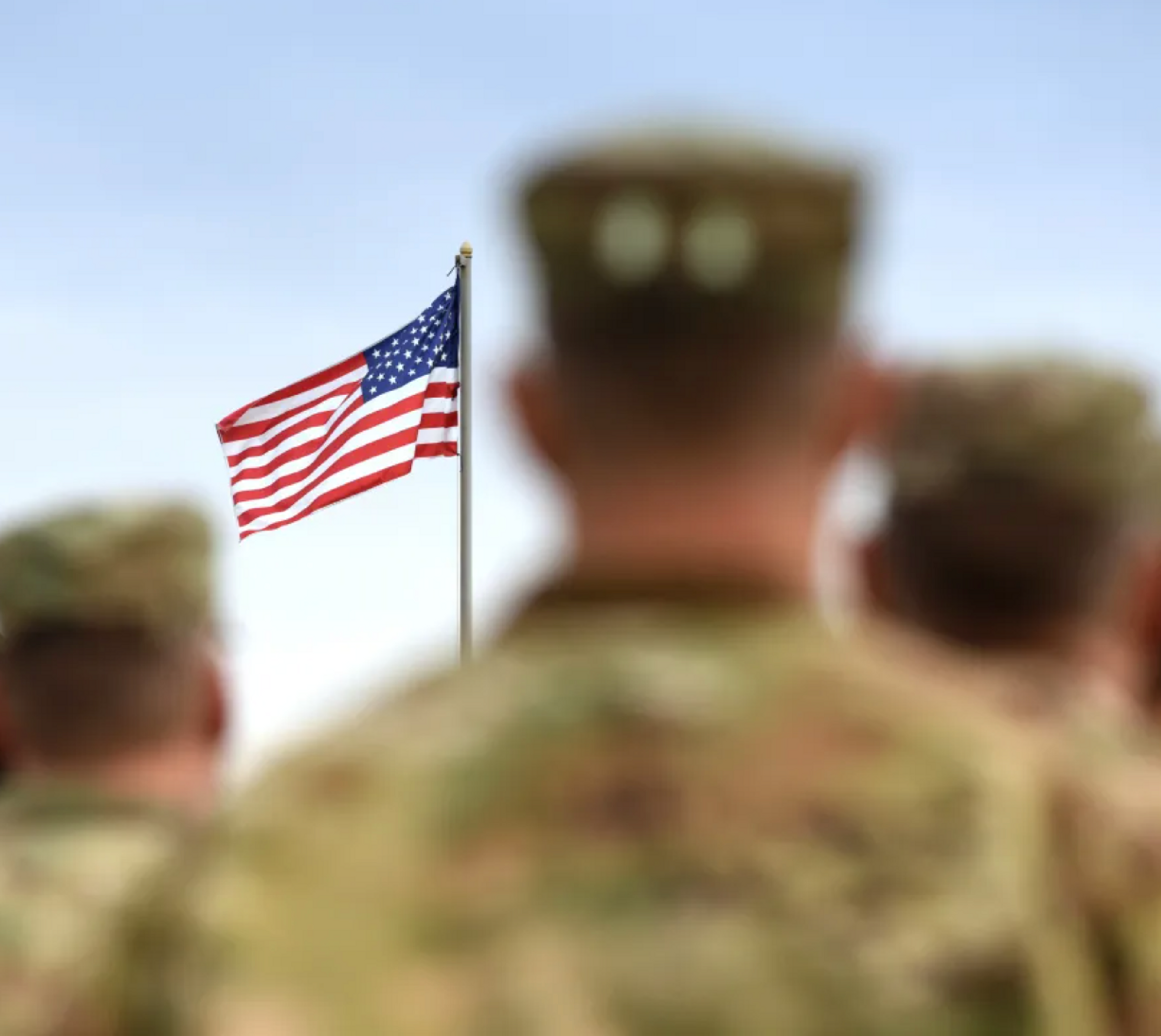There are fewer veterans in the US labor force now than 20 years ago, and veterans represent only 5.6% of the total civilian labor force today.
Veterans have skills and experiences that can uniquely add value to your organization. But if you’re relying on traditional hiring strategies, you could be overlooking veterans and missing out on highly qualified talent.
Keep reading to learn 3 strategies for hiring veterans in the next phase of their career.
1. Use a skills-based recruiting strategy
The military gave me a leg up by being organized. It starts off by just lining your shoes up or doing the very little things. And that's something that I take forward in school, in my profession. It's doing the little things correctly. It's because I feel like if I'm putting my best foot forward with the little things, all of the bigger things are going to fall in line.
Christian, veteran who was hired on Handshake
Veterans leave the armed forces and graduate from post-secondary education with more work experience and professional development than the typical college student. Your candidates who are veterans are likely to have strong skills like:
- Mission accomplishment
- Leadership
- Teamwork
- Responsibility
- Strong work ethic
- Problem solving
- Adaptability
- Resilience
- Loyalty
Think critically about these transferable skills to screen veteran early talent in, not out.
With this in mind, don’t hurt the progression of student veterans with abstract requirements. For instance, GPA isn’t always an accurate predictor of performance. GPA requirements can actually eliminate veterans and other underrepresented groups whose college journeys may have included working part-time or supporting their families.
2. Hold workshops to help veterans throughout the hiring process
I struggled a lot at first [once I started college]. Really it's trying to blend the military culture with the civilian culture. I spent my formative years in the army, so that's all I knew. They did mock interviews with me [at school], and "do this, don't do that. You don't have to call your boss [sir or ma’am]." So that helped me a lot and gave me the confidence that I needed.
Christian, veteran who was hired on Handshake
To help candidates surface the soft skills mentioned above, you might need to help veterans navigate unfamiliar hiring processes. For example, they may never have had to write resumes or cover letters despite having work experience.
According to Handshake data, nearly 60% of early talent job seekers said they’d attend an event if they had the opportunity to learn something new to strengthen their skills for their job search.*
Given that, you can host workshops specifically for veterans that teach them how to map their skills to open roles at your company using tools like this military skills translator, then you can help them build their resumes. Hold other sessions with topics like professional email/message writing, and expose various career paths in your industry.
If possible, host a career event for veterans, by veterans. Invite employees who are veterans to speak about how they transitioned to civilian work, talk about their experience at your company, and offer advice to early career veterans.
Early talent today is looking for professional development and veterans are no exception. You can show your commitment to growing and retaining veteran talent by providing upskilling opportunities.
For instance, use Handshake to partner with upskilling programs like Kenzie Academy or Generation. Another strong way to train-to-hire veterans are apprenticeship programs. Consider these strategic initiatives to fill in-demand roles, like cybersecurity, by focusing training on the specific hard and soft skills your organization needs.
3. Pair veterans with employee advocates who have similar experience
Finding an internship was important for me because I had no experience. I was an avionics technician in the military, but now I'm transitioning into working with a leading tech company. [It’s] really important to get that hands-on feel.
Christian, veteran who was hired on Handshake
In your talent brand materials and on your Company Profile, showcase a testimonial from a veteran student or alumnus. To even consider applying to a job with your company, veterans want to see themselves represented at and welcomed by your workplace.
You can also partner with campus-based veteran serving organizations and conferences to not only source candidates but also show how you support this group. For instance, you could attend and/or sponsor Student Veterans of America’s (SVA) NatCon and Hiring Our Heroes’ career fairs and hiring summits. Partner with schools on Handshake like Arizona State University, and look into hosting events the Pat Tillman Veterans Center, an on-campus resource for student veterans.
During the hiring process, pair candidates with employees who share similar experience. For example, an advocate within your organization—who can relate to what veterans go through to transition to civilian life—can be a bridge to support veterans entering their first job outside of the service. Employee advocates can help veterans navigate norms that are new to them during the hiring process and beyond.
Get 5 steps for building your advocate program and fostering these relationships between candidates and employees with experience in the armed services →
Another way to support veterans is through Employee Resource Groups, which can foster a welcoming culture for new and current employees who are vets. They can be inclusive of military spouses, and even employees who grew up as “military brats” who can uniquely relate to a veteran’s experience and support their progress at your organization.
Where to find and hire qualified veterans
Take a look at your industry peers to learn what comprehensive veteran programming looks like. To name a few, JP Morgan Chase, Fiserv, and EY are employers that are committed to showing veterans they're valued and included through training, mentorship, and affinity groups.
Use Handshake to source veteran early talent from 1,400+ partner schools, community colleges, and bootcamps. Then, with a skills-based recruiting strategy and intentional relationship building between employees and veteran candidates, you can grow your pool of veteran early talent.
*Handshake internal study, July 2022; n= 1,593

Find qualified veteran talent
Discover why community colleges are a key partner for you to source veteran talent on Handshake.
Learn more